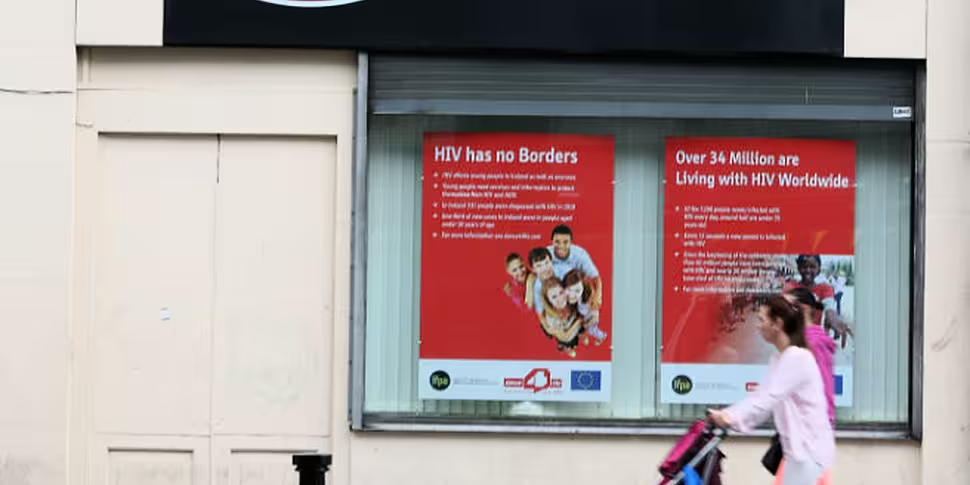Just before Christmas, the Pat Kenny Show visited an abortion clinic in England where many Irish women with unwanted pregnancies have those pregnancies terminated.
Often that journey begins with a visit to a pregnancy advisory service in this country such as that provided by the Irish Family Planning Association.
Our reporter Richard Chambers visited the Irish Family Planning Association's Dublin City Centre Clinic on Cathal Brugha Street and got a tour of the facilities on offer.
Who are the Irish Family Planning Association?
The Association has 11 clinics across the country. They are state-funded with their busiest footfall coming through their two Dublin clinics.
The IFPA is Ireland's leading sexual health provider. The organisation provides sexual and reproductive health, family planning, pregnancy counselling and education services.
What kind of information do they provide?
Abortion is illegal in Ireland. The kind of information available is governed by the Information Act and this information needs to be given face to face. You can’t call up a helpline and get this particular kind of information.
Counsellors who give advice on abortion are required by law to give advice on other options as well.
Evelyn Geraghty explains what happens when they receive calls:
Although the Internet is available as an information service, you can't always rely on that information.
The IFPA stated that most people would know that abortions are something which are carried out in the UK and there is a right to travel here.
They went on to say that they are not allowed to give women a full picture of the options available to them at home and abroad and that, they believe, this leaves women open to bad information or leaves them in desperate situations where they would seek illegal abortion methods within Ireland - whether that be abortion pills or otherwise. This is something we obviously have seen come to the fore in the North in recent days.
Evelyn and the Irish Family Planning Association told our reporter that they have grave concerns about that state of affairs - and other groups which she says are making misrepresentations to vulnerable women in crisis pregnancies.
Are there services for women when they return home?
This is something that is quite rare in Ireland. The IFPA does run a post-abortion programme - Evelyn alluded to that right at the outset. It’s something that would be less frequently used than the counselling or helpline but it’s something that is open to women in these situations.
Evelyn explains that the hope and the purpose is one of support but also medical care in the aftermath of what can be a lonely and harrowing experience.









